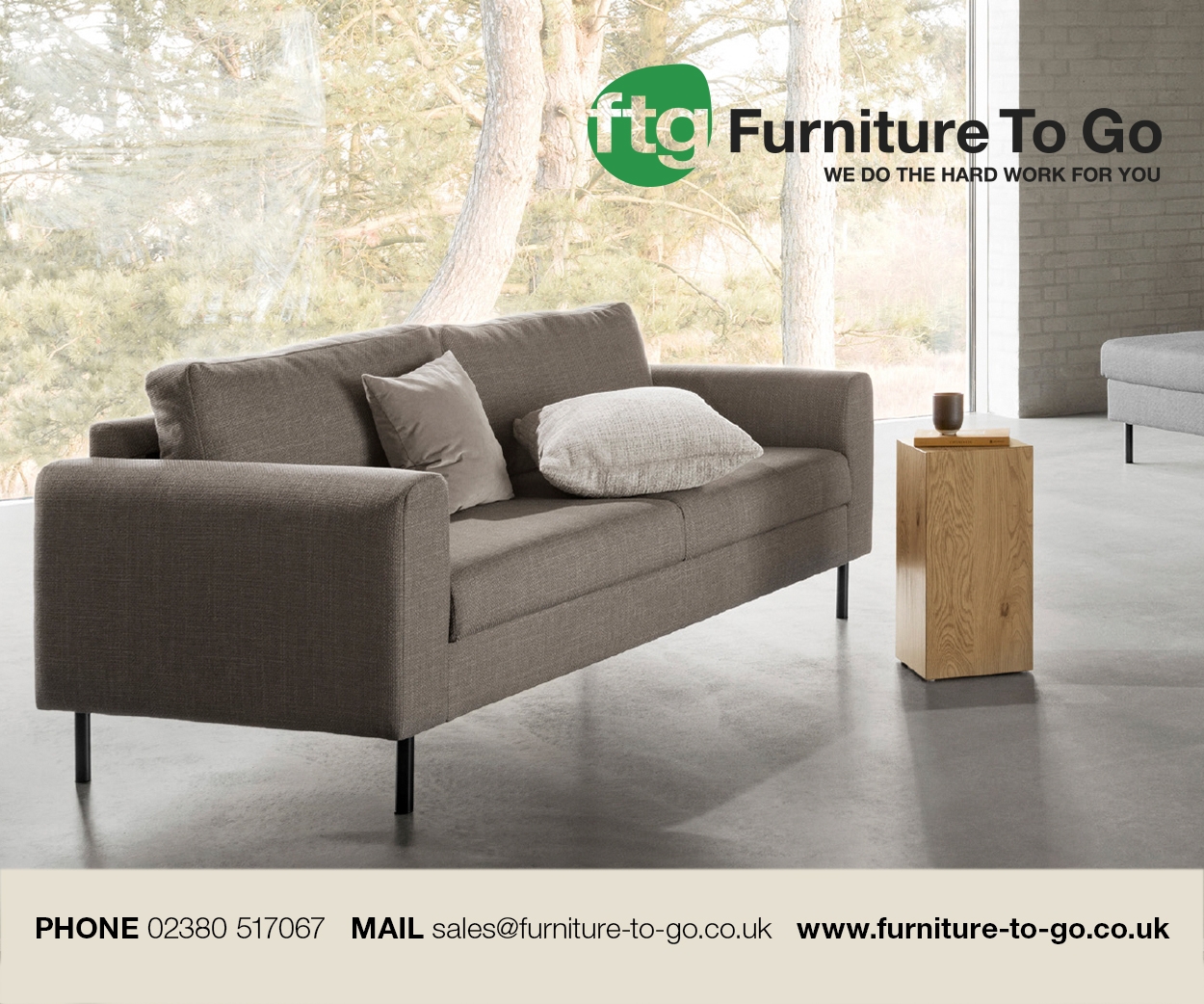Whether you are already a champion of great content or remain a little cynical about the benefits, content marketing is set to become an even bigger priority for online retailers this year, says Metakinetic’s David Schulhof …
Not only are customers expecting a greater amount of information to be made available to them, but fresh and original content is now taken into account when awarding search engine rankings, so it’s time to get involved if you want to keep your customers – and Google – happy!
For many, the term content marketing has become synonymous with blogs and blogging, but let’s not forget that content can actually take any form. Video, images, interactive games, infographics – anything that can be shared and contains content counts, so it’s important not to limit any content strategy to blogs alone.
One of the most influential factors for furniture customers is the power of potential, and content marketing can be a great way to impact buying decisions without the hard sell, simply by providing information that would genuinely benefit your customer. And who knows your customers’ needs and worries better than you do?
Your content marketing will give customers trust in your brand and in your expert knowledge, but in order to do this you need to make sure your content has a purpose. There is no longer a place for retailers who are creating content just for the sake of it. If your content is to be valuable then it needs to address a real problem for your consumers.
Creative and entertaining content still has a purpose – to engage your customers and give them a positive interaction with your brand – but writing a rambling blog post crammed full of keywords in the hope that it will improve your ranking is no longer effective. You need to be sharing content that is unique and useful.
Valuable, engaging and interesting content doesn’t need to be hard to create. If you decide to go down the blogging route I would recommend aiming to publish around two new pieces of content each week that can then be shared on social networks to increase your readership.
These don’t need to be full-length articles – even a simple moodboard of fabric ideas can be influential, so long as you include high quality graphics and address a genuine need from your customers. Plan ahead to ensure you don’t miss out on any local or national events that would interest your customers, and ensure that you have the time and resources to carry out your campaigns effectively.
The best content marketing examples will utilise all forms of content to create a cohesive campaign that appeals to all visitors, and incentivises their engagement. We’ve put together the top four examples of content marketing from furniture retailers to give you a better idea of the types of activities you could be carrying out this year:
B&Q’s Unloved Rooms campaign
B&Q devised a charming campaign encouraging their customers to redecorate those rooms that never seem to get enough attention. On their Make a Pledge page customers can fill in a form, or tag a tweet or Instagram photo showing their unloved room, and the transformation they’ve made. Each month the top 10 pledges are awarded a £300 gift voucher.
Participants are encouraged to tweet, which instantly increases engagement, and the generous offer of £300 gives customers a reason to get involved. The winners also get their makeovers displayed on the site, along with photos of the transformation, advice from the decorator and a shopping list of the B&Q products used, to convert any visitors who would like to recreate the look themselves.
Ikea’s Christmas Wrapping Guide
Ikea put together a series of short videos in November demonstrating creative ways to wrap presents with pieces of fabric, just in time for Christmas. This is a great example of thinking outside the box when it comes to content ideas for seasonal holidays. The 20-second clips show a variety of objects being wrapped and secured in different styles, complete with instructions to do it yourself. The videos fit perfectly with their brand messaging to provide affordable living ideas, and their short length makes them ideal for sharing.
The Home Depot
American DIY store Home Depot developed their Project How To campaign to answer all the questions a customer might need to know. Their comprehensive How To guides for DIY projects range from ‘How to repair a leaky tap’ to ‘How to make a Christmas centrepiece’, and include advice, videos and money calculators to add up exactly how much planned projects would cost.
In becoming a hub for all DIY advice, Home Depot have built up a reputation of trust amongst consumers. By providing customers with a solution to their problems they can nurture their business ready for conversion when it is time to buy.
Harveys Furniture
UK furniture retailer Harveys has opted for the more traditional content marketing method of a regularly-updated blog, but they have taken the time to include information that all homeowners would find genuinely useful. Whilst it could be categorised slightly better to improve navigation, they provide a mixture of inspirational makeover ‘Get the look’ features, as well as DIY advice like ‘10 common furnishing mistakes and how to avoid them’.
Although some of the posts do recommend their own products, they also include a lot of complementary products from other retailers to prevent turning customers away with a hard sell. Their use of big, inspirational imagery also gets a thumbs-up!
You can see from these four examples how diverse content marketing campaigns can be, and there is a lot of scope to come up with something genuinely unique that will get your customers’ attention.
Remember to incentivise your campaigns to encourage engagement. Competitions and awards work extremely well to get people involved. You could try running a monthly Best Use of Space Award, or perhaps a series of makeover tips to recreate looks from iconic films.
I hope this has given you some inspiration for your 2014 campaigns. Whatever route you decide to take, be prepared to invest a little bit of time and effort to get the best results. Good luck!
David Schulhof is the head of digital marketing at Metakinetic, an award-winning full-service e-commerce agency which provides e-commerce solutions, digital marketing and creative design services to a wide range of online retailers.










